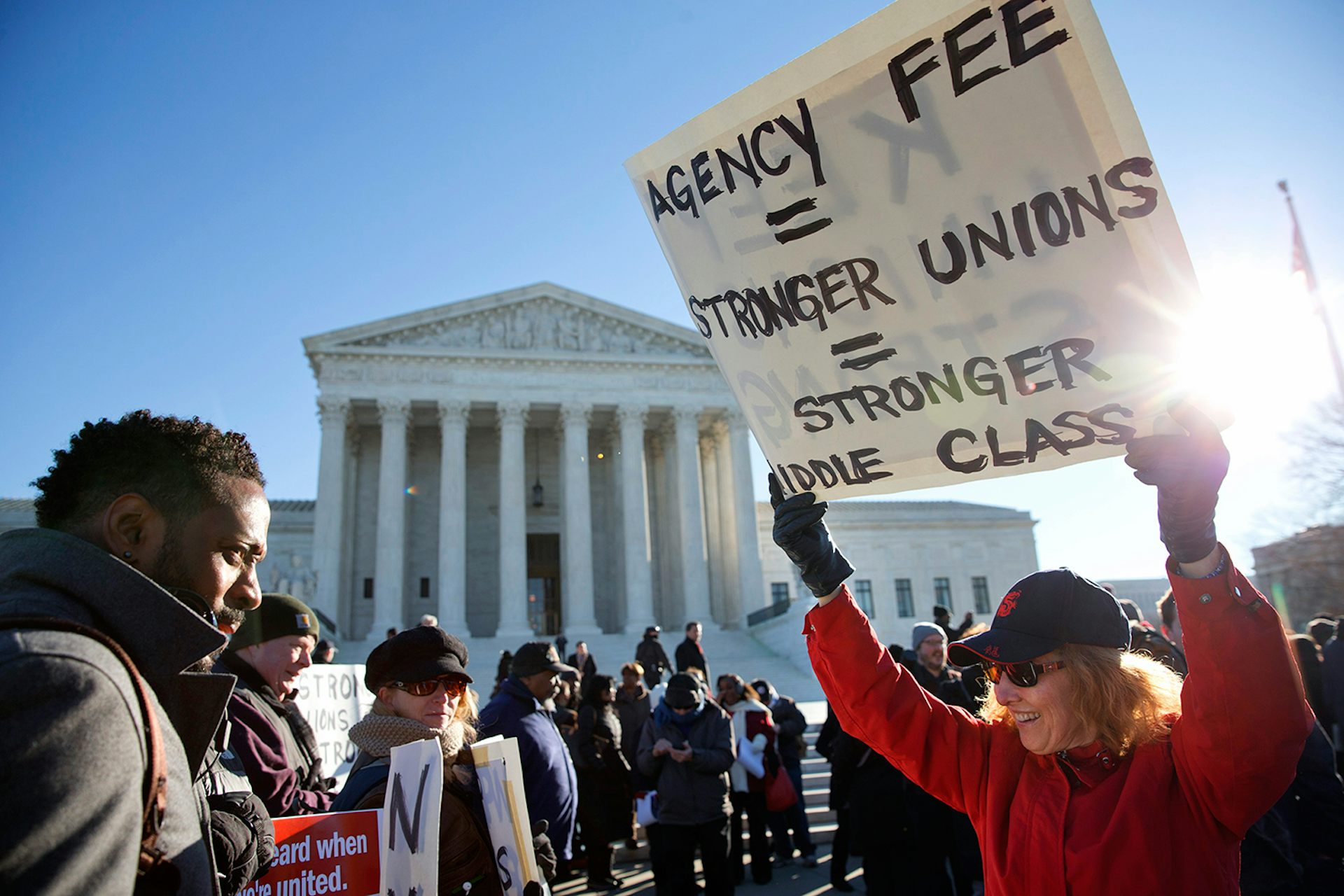


- Maryland judiciary policy on confidentiality full#
- Maryland judiciary policy on confidentiality free#
Maryland judiciary policy on confidentiality full#
Rights assessment, and full originating source citation, is the responsibility of the user. PLEASE NOTE: The site may contain material from other sources which may be under copyright. When this material is used, in whole or in part, proper citation and credit must be attributed to the Maryland State Archives. Maryland Executive Commissions, Committees, Task Forces, & Advisory BoardsĮ-mail: web site is presented for reference purposes under the doctrine of fair use. Maryland Constitutional Offices & Agencies Website: Maryland Judiciary Mediation and Conflict Resolution Office (MACRO)Įmail: Privacy & Confidentiality, Maryland State Advisory Council on STATE ADVISORY COUNCIL ON MEDICAL PRIVACY & CONFIDENTIALITY Mary's CountyĮmail: WICOMICO, WORCESTER, & SOMERSET COUNTIES Harford County Community Mediation ProgramĬontact: Susan Fisher PRINCE GEORGE'S COUNTYĬommunity Mediation Center of St. Mary's County.Ĭommunity Mediation Centers & Additional Resources COMMUNITY MEDIATION CENTERSįree mediation services are available throughout Maryland at the centers listed below.Ĭontact: Alexa Del Piano BALTIMORE COUNTYĬonflict Resolution Center of Baltimore CountyĬommunity Mediation Center - Calvert CountyĬontact: Cheryl Jackson, Community Relations DirectorĮmail: CAROLINE, DORCHESTER, & TALBOT COUNTIESĮmail: CECIL, KENT, & QUEEN ANNE'S COUNTIESĬharles County Mediation Center at the College of Southern Maryland Information on mediation provided by the Community Mediation Center of St. Nobody will be forced to agree to anything they do not want to agree to. No one will be forced to do anything they do not want to do.
Maryland judiciary policy on confidentiality free#
Participants are at the table of their own free will and can end the process at any time. Mediators destroy their notes at the end of the mediation. Mediation contents are inadmissible as evidence in civil court hearings. They don't give advice, won't decide who's right or wrong, and they won't take sides.Ĭonfidential: Mediators maintain confidentiality except in situations involving child abuse, elder abuse or credible threats of violence. Non-judgmental: Mediators listen, ask questions, and try to clarify what's important to everyone. The mediator does not decide who is right or wrong or make decisions for the participants. Mediators do not counsel, give advice, guidance, make decisions for the participants, or pass judgments. The mediator's role is to help participants listen to one another, so they can clarify their needs, gather information, identify their options, and work out their own solutions to problems.

The mediators will help you talk to each other to clarify goals, gather information, and identify options.Mediation is a voluntary process that only takes place if both parties agree.Mediation is way for people to resolve disputes or have difficult conversations with the help of a neutral mediator who is trained to help people communicate.Mediation is a means to prevent conflict as well and to assist participants in having a constructive conversation before the lines of communication breakdown.In mediation, the participants control the decisions and the outcome. In mediation, people speak for themselves and make their own decisions. Have you submitted your liability and confidentiality agreement forms If not, it is even easier to complete this step now with our online liability and confidentiality agreement form. Non-Discrimination and Accessibility Statement. Mediators help participants communicate and empower them to create their own solutions. All Maryland Responders must read and agree to the Maryland Responds MRC Volunteer Liability Policy and Confidentiality Agreement. Maryland Medicaid Administration (MMA) Development Disabilities Administration (DDA) Behavioral Health Administration (BHA) Public Health Administration (PHA) QUICK LINKS.

Mediators do not decide who is right or wrong, take sides, counsel, or give advice. Mediation is a conflict resolution process in which mediators help participants have difficult conversations, get clear about what's important to everyone, and make decisions that meet the needs of those involved. Resources are available at the end of this page for locating free mediation services in your area. Mediation is always confidential and voluntary. One approach to addressing such conflicts is to attempt to bring parties together to communicate their views with the help of a trained mediator. Occasionally in the aquaculture leasing process or in operations, conflicts can arise between shellfish growers and other user groups, such as commercial fishermen, recreational fishermen, and homeowners.


 0 kommentar(er)
0 kommentar(er)
